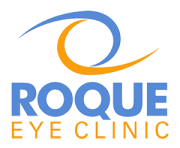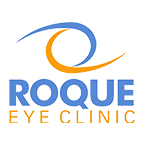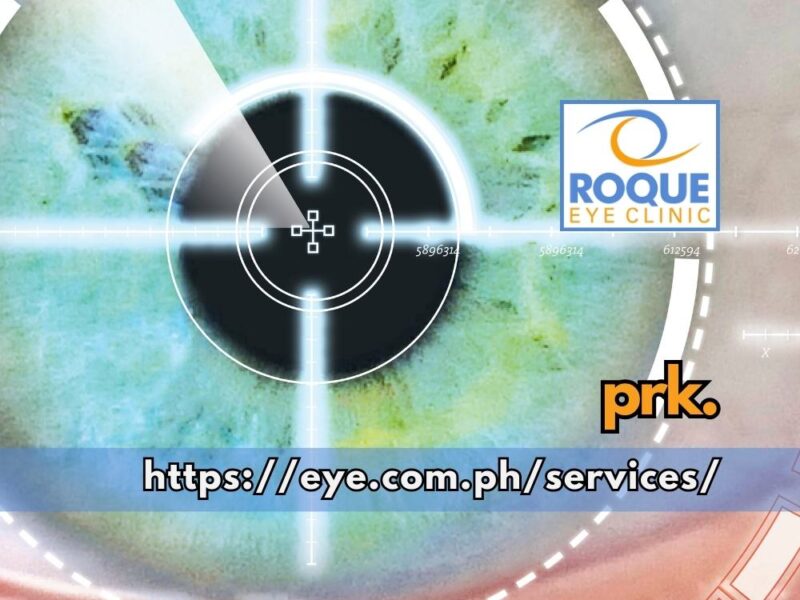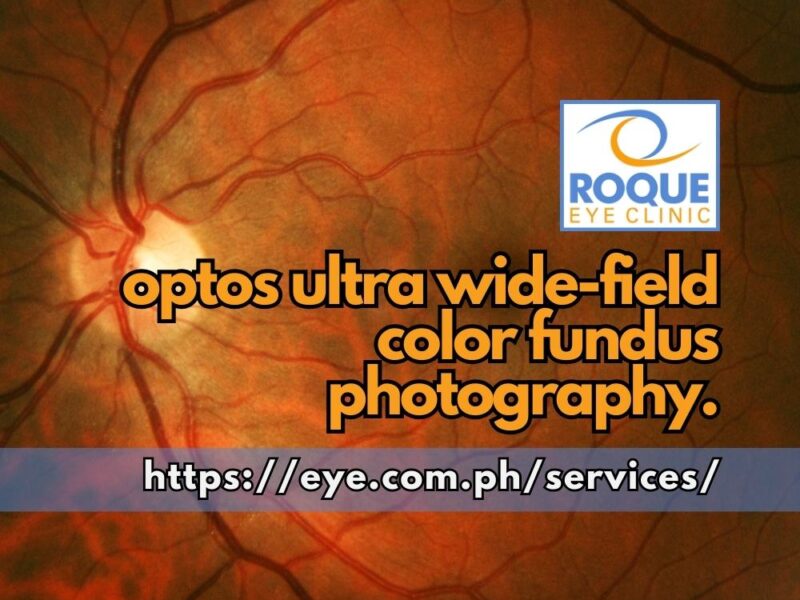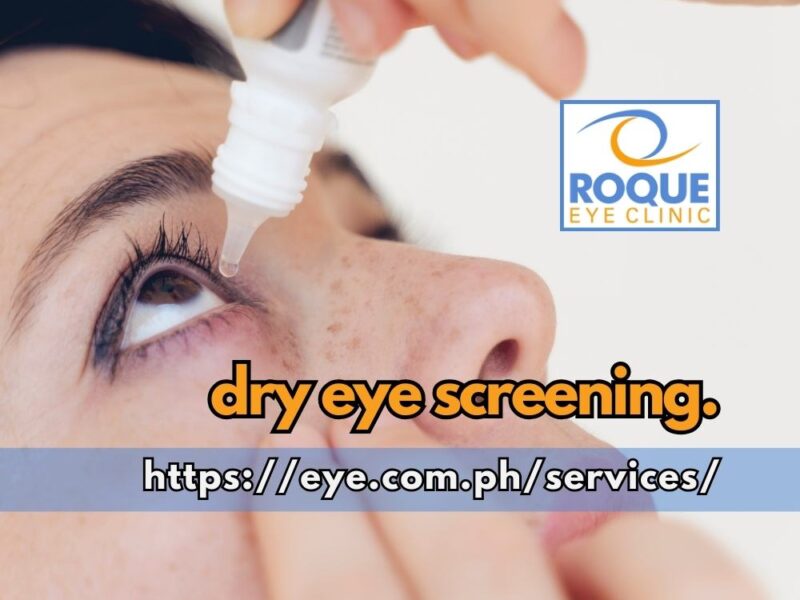Refractive Surgery Suitability Screening
₱ 5,414.00
Refractive Surgery Suitability Screening.
This extensive screening package is used by individuals desiring laser refractive surgery (PRK, LASIK, FemtoLASIK, SMILE).
It is also used by refractive surgery candidates for:
- phakic lens (EVO Visian ICL, Artisan, Artiflex) implantation
- refractive cataract surgery
- refractive lens exchange (clear lens extraction and replacement)
- presbyopia surgery
- keratoconus surgery (Trans-Epithelial Corneal Cross-Linking, Keraring Intrastromal Corneal Ring Segments)
- Aphakic lens (Artisan Aphakia) implantation
- corneal transplantation (DALK, DSAEK, DMEK, penetrating keratoplasty)
- prescription glasses and contact lens measurement
- post-operative status monitoring
Once the package has been purchased, please book your visit at https://eye.com.ph/book/.
4,331.20 for Senior/PWD.
OCULAR HISTORY AND EXAMINATION
PERSONAL INFORMATION.
Your personal information will be logged into the electronic medical records.
CLINICAL HISTORY.
Clinical history taking will be performed. Your ophthalmic history, medical history, and family history will be reviewed. Please take note of all the medications that you are currently taking.
PRESCRIPTION GLASSES.
Please hand over all of your prescription eyeglasses so our optometrist can record the power.
VISION AND REFRACTION.
Your visual acuity will be taken with and without your current prescription eyeglasses. Automated refraction, manual/manifest refraction, and dilated/cycloplegic refraction will be done. All these measurements are critical in determining your best potential visual acuity.
SLIT LAMP BIOMICROSCOPY.
Your eyelids, eyelashes, and the anterior segment (conjunctiva, cornea, pupil, iris, and lens) of your eye will be examined with a slit beam of light. This examination is performed to search for lid and lash conditions, corneal diseases, pupil and iris abnormalities, and lens status.
OCULAR SURFACE EVALUATION.
Fluorescein dye applied to your eye will be used to examine the ocular surface for signs of dry eye disease. Your tear break-up time (TBUT) will be measured. In some instances, the use of a Rose Bengal or Lissamine Green dye strip may be necessary.
APPLANATION TONOMETRY (Haag Streit Goldmann).
A topical anesthetic, proparacaine, will be instilled into your lower eyelid pocket in order to numb your eye. A fluorescein dye and a cobalt blue filter will be used to measure your ocular pressure. Your eye pressure will be correlated with your corneal thickness. This examination is used to screen for glaucoma.
OCULAR DIAGNOSTIC TESTS
PUPILLOMETRY (Oasis Medical Colvard)
An infrared pupillometer will be used in a dark room to check for pupil size at night. This will assist us in selecting an appropriate optical zone for the best night vision. This examination is performed prior to pupil dilation.
OPTICAL BIOMETRY (Zeiss IOL Master)
Your ophthalmic ‘time capsule’ will be taken to secure your pre-refractive surgery corneal curvature and eyeball length. This will be useful once you have cataract surgery in the future. This examination is performed prior to pupil dilation.
SPECULAR MICROSCOPY (Topcon)
This measures endothelial cell density (ECD). Low ECD is a risk factor for refractive (corneal and cataract) surgeries that can be missed without the use of a specular microscope. This examination is performed prior to pupil dilation.
CORNEAL TOPOGRAPHY (Zeiss Atlas Pathfinder)
The corneal curvature is measured using this diagnostic test. It will show the flat and steep areas of your cornea. This helps in screening for keratoconus, which is a contraindication to laser refractive laser surgery. This examination is performed prior to pupil dilation.
SCHEIMPFLUG ANALYZER (Oculus Pentacam)
This is an improved version of a corneal topographer. It has the benefit of giving refractive surgeons more information on the curvature and thickness of the cornea. It is very useful in identifying even early keratoconus. This examination is performed prior to pupil dilation.
ABERROMETER (Zeiss WASCA)
Think of this as a super automated refraction machine. Traditionally, our refractive errors are determined using an autorefractor, phoropter, or trial lens. These are able to determine the amount of myopia, hyperopia, and astigmatism. However, our eyes as an optical system have higher wavefront measurements that are of consequence to the quality of our vision. The wavefront aberrometer measures how a wavefront of light passes through the cornea and the crystalline lens, which are refractive components of the eye. Distortions that occur as light travels through the eye are called aberrations, representing specific vision errors. This examination is performed before and after pupil dilation.
OCT MACULA (Zeiss Cirrus OCT )
A special photo of the macula is taken with this machine. The macula is responsible for the central 30 degrees of functional vision. So, a fully functioning macula will allow us to see the face of an individual who we are looking at. If this is diseased, we will see a central obstruction in vision. This examination is performed before or after pupil dilation.
OCT OPTIC NERVE (Zeiss Cirrus OCT)
A special photo of the optic nerve is taken with this machine. The optic nerve may be damaged because of glaucoma. Early detection is possible with this diagnostic test. This examination is performed before or after pupil dilation.
DILATED FUNDUS EXAMINATION
Dilating ophthalmic drops will be instilled into your lower eyelid to make your pupils dilate. It usually takes around 30 minutes to achieve full pharmacologic pupillary dilation. Dilation will allow us to examine your retina for congenital/acquired posterior segment diseases. We can see retinal tears/holes, macular degeneration, and optic nerve diseases, among other things. The presence of any posterior segment condition may disqualify one from having refractive laser surgery. Dr. Roque performs this at the end of the refractive surgery screening process.
REFRACTIVE COUNSELING
Dr. Roque will evaluate the results of your refractive surgery screening and determine if your eyes are fit to undergo refractive surgery. At this time, you will be able to ask all your questions about the possible surgical options. If you are accompanied by a decision-maker prior to surgery, you may have this person join you for this session.
Related products
-
Glaucoma Risk Assessment Package
₱ 10,220.00 -
Pentacam
₱ 1,548.00 -
PRK
₱ 50,960.00 -
OPTOS Ultra Wide-Field Color Fundus Photos
₱ 2,286.00 -
Virtual Clinic – Teleconsultation
₱ 2,000.00Original price was: ₱ 2,000.00.₱ 1,000.00Current price is: ₱ 1,000.00. -
Dry Eye Screening Package
₱ 3,936.00
